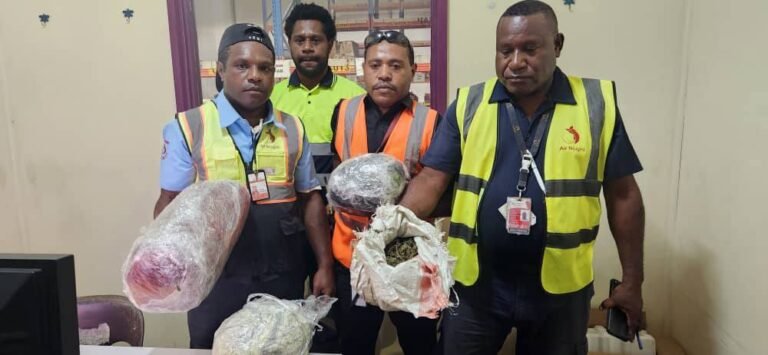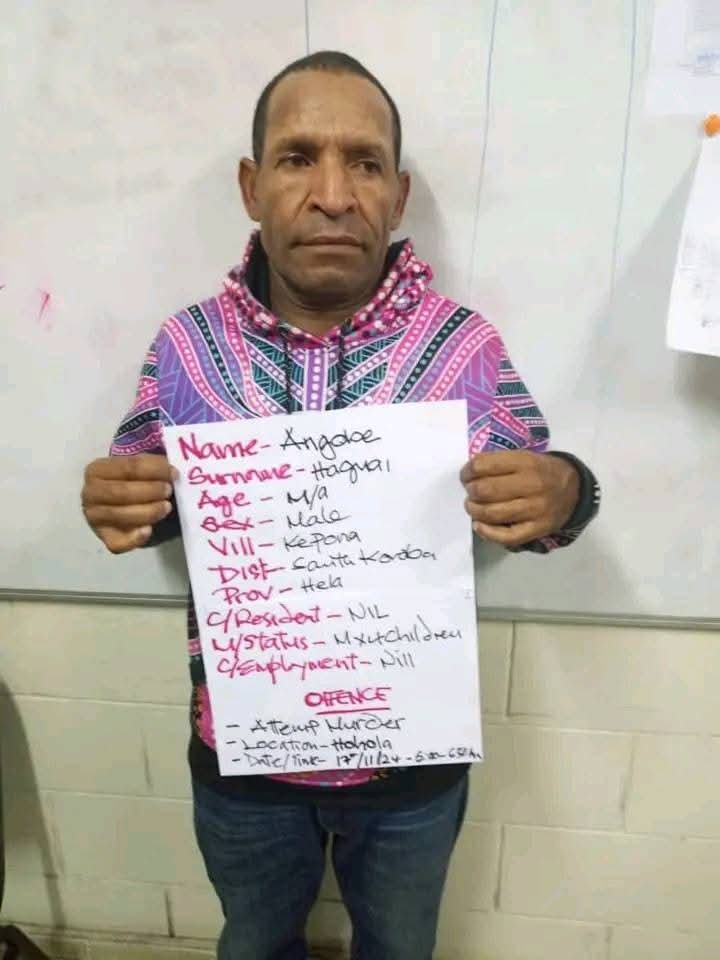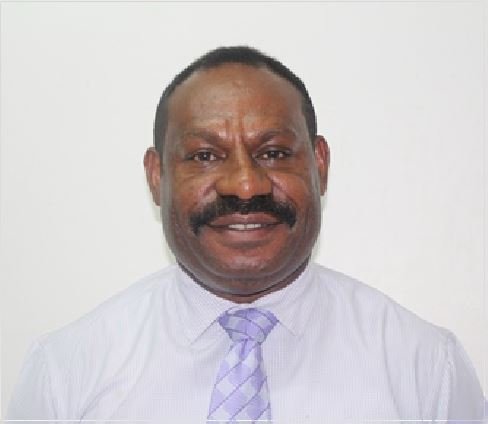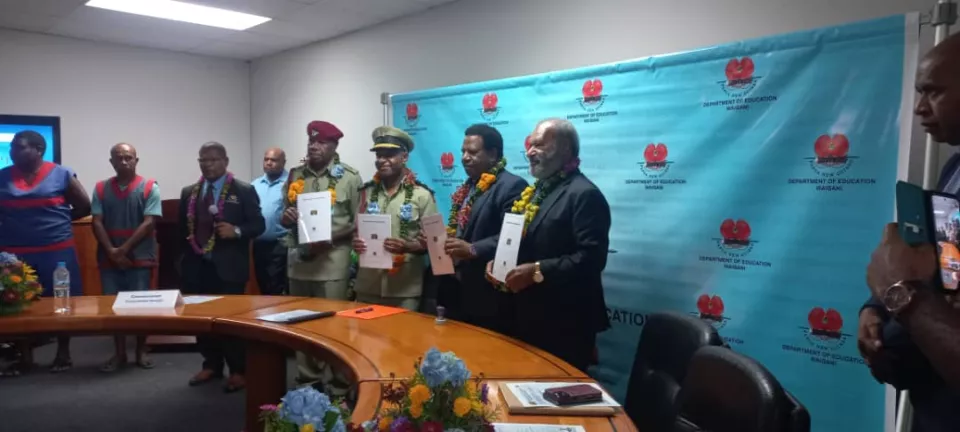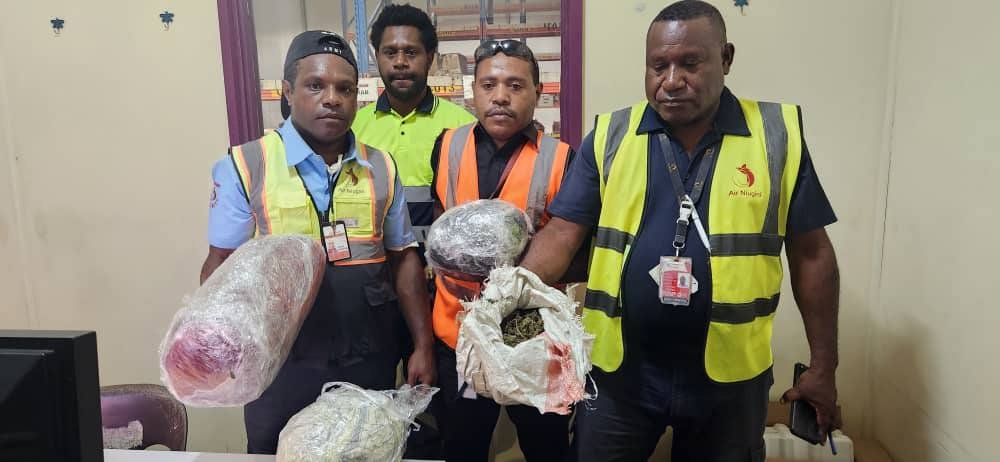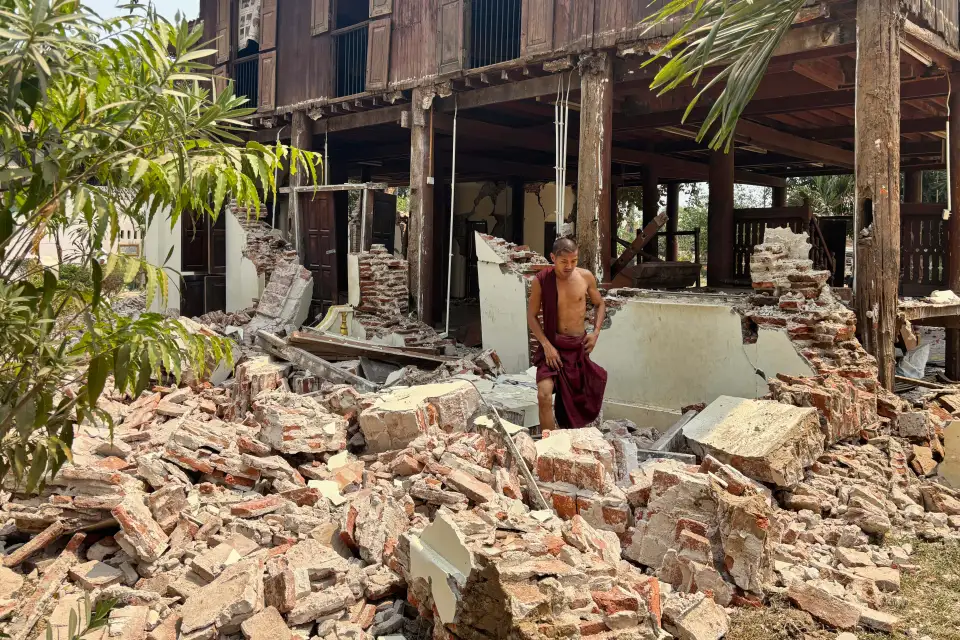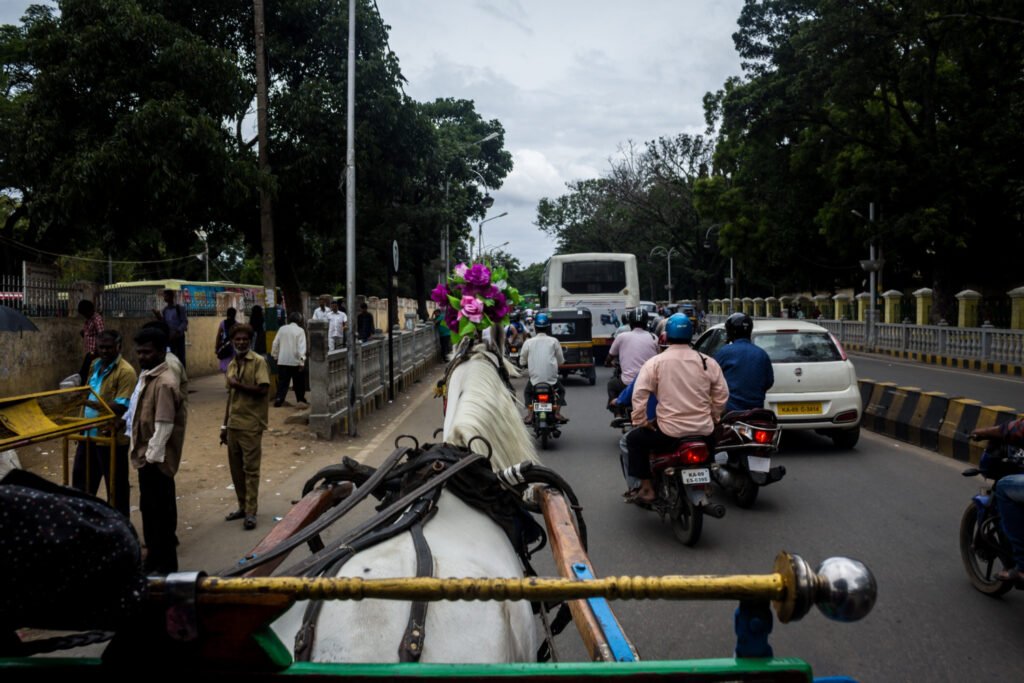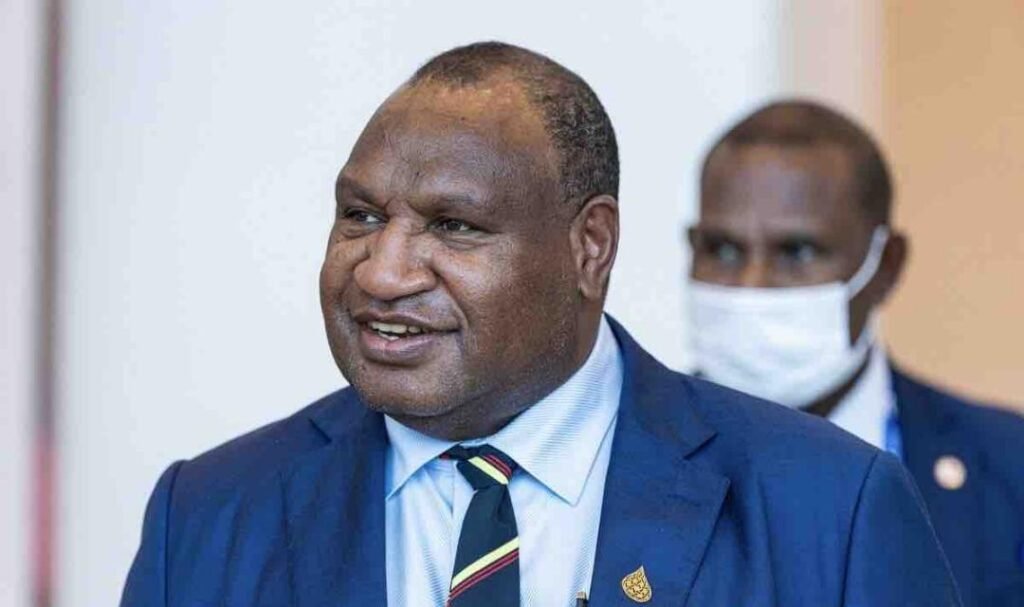As Papua New Guinea embraces digital transformation—from mobile banking to social media, from AI tools in education to youth-led content creation—a quiet but critical concern is emerging: how do we protect the privacy and rights of young digital citizens?
Across the globe, there’s a growing call to make data protection policies youth-centered. In PNG, where the digital space is rapidly expanding but formal cyber safety frameworks remain limited, that call is more urgent than ever.
A Generation Growing Up Online
Today’s youth in PNG are the first to grow up entirely within a digital environment. They’re joining TikTok challenges, using WhatsApp to organize student protests, building apps, and uploading personal data to education and job portals. Yet most are unaware of where their data goes—or how it’s used.
“We use the internet every day, but we don’t know who controls our information,” says 16-year-old Nancy Ruma from Mt. Hagen. “It’s like giving away something valuable without knowing the cost.”
No Clear National Policy Yet
Currently, PNG lacks a comprehensive data protection law—especially one that focuses on minors. While there are some provisions under the National ICT Act and proposed cybercrime policies, none specifically address:
- Consent and data collection from under-18s
- AI-driven profiling of youth behavior
- Digital literacy and privacy education in schools
- Safe use of educational platforms by minors
This leaves young users especially vulnerable to exploitation, identity theft, misinformation, and manipulation—both by foreign platforms and internal misuse.
Global Push, Local Relevance
In 2025, the UN and several Pacific digital rights groups renewed their call for “youth-first privacy frameworks”, urging countries like PNG to:
- Create age-appropriate data consent systems
- Regulate AI tools used in education and employment
- Include youth voices in tech policy-making
- Develop localized digital literacy programs
PNG can’t afford to be left behind, especially as platforms powered by artificial intelligence and algorithmic recommendations become central to how young people learn, socialize, and express themselves.
A Role for Schools, Churches & Communities
Experts say data protection isn’t just the government’s job. Schools must teach privacy basics. Churches and community leaders can include digital ethics in youth programs. Parents must be equipped to guide children online just like they do in daily life.
“It’s a shared responsibility,” says Digital Rights PNG, a local advocacy group. “And youth themselves should be part of the solution, not just protected by it.”
What’s Next?
As PNG’s digital economy grows, protecting the rights and dignity of its youngest users is essential. With Starlink expanding access and new mobile-first apps entering the market monthly, PNG must take steps now to ensure digital development doesn’t come at the cost of youth privacy.
A national youth data protection charter—developed with input from students, educators, and legal experts—could be a strong first step. The digital future is bright, but only if it’s safe and ethical.






